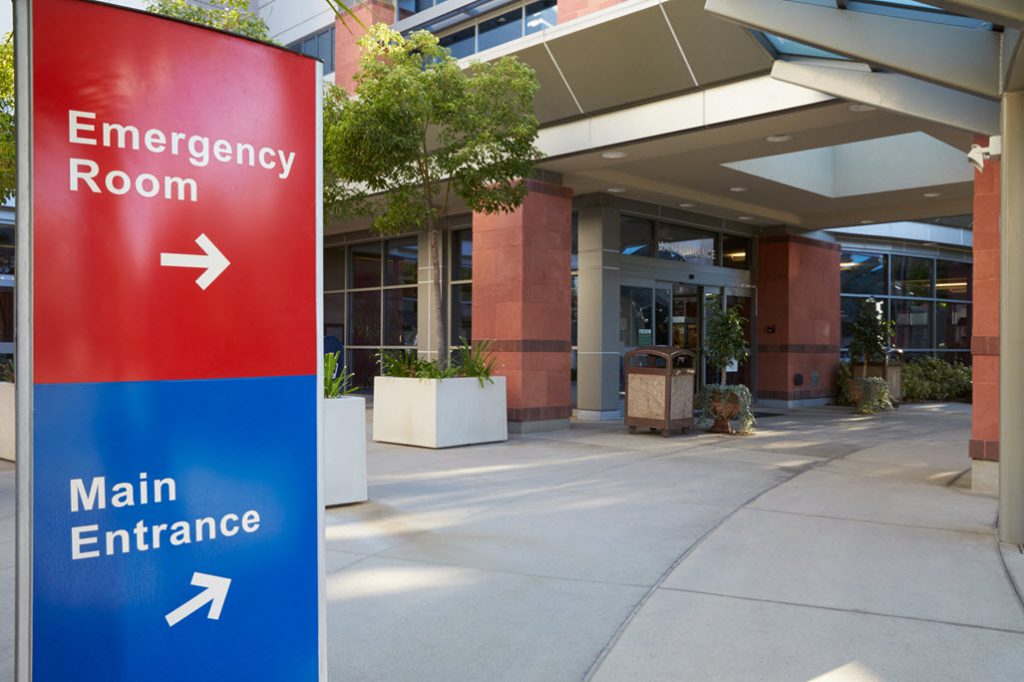Choosing to be admitted to a private or public hospital
The table below outlines the key differences between your hospital admission options.
| Private patient in a private hospital | Private patient in a public hospital | Public patient in a public hospital | |
| Timing of treatment | You will receive treatment as soon as you and your specialist are ready. | You will receive treatment as soon as you and your specialist are ready. | Dependent on when a place is available on the public hospital waiting list. Waiting lists for elective surgeries can be long. |
| Choice of specialist | You can choose your specialist. | You can choose your specialist but only if they work at that hospital. If you're admitted in an emergency, you may not be able to choose. | No choice. You will be treated by a doctor appointed by the hospital. |
| Choice of hospital | You can choose your hospital, depending on your specialist and where they work. | You can choose your public hospital, depending on your specialist and where they work. | Some choice may be available amongst the public hospitals that your specialist works at. This also depends on when a place becomes available on the public waiting list. |
| Access to a private room | You will have access to a private room, subject to availability and your clinical needs. | You will have access to a private room, subject to availability and your clinical needs. | Depending on the public hospital you're being treated at, you may have access to a private room. |
| Will I have to pay for my hospital accommodation? | No, Defence Health will cover your hospital accommodation fees in agreement hospitals.* | Possibly. You may be charged extra for a private room.†* | No, Medicare will cover all of your hospital accommodation fees. |
| Will I have to pay any specialist(s) fees? | Possibly. Medicare and Defence Health will cover all of your specialist(s) fees, up to the MBS fee. If your doctor charges more than the MBS fee, this may be covered by Access Gap. | Possibly. Medicare and Defence Health will cover all of your specialist(s) fees, up to the MBS fee. If your doctor charges more than the MBS fee, this may be covered by Access Gap. | No, Medicare will cover all of your specialist(s) fees. |
This information assumes that you are fully covered for the treatment needed and all waiting periods have been served.
†If the hospital charges are greater than the Defence Health benefit, you will have an out-of-pocket expense.
*Subject to any excess on your policy and that you have the appropriate level of cover for your treatment.
Planning your elective surgery
Many common surgeries are classified as elective, meaning they are procedures that are scheduled in advance because they don’t involve urgent clinical need.
In the public system, the waiting lists for elective surgery can be long.
If you don’t mind waiting for your surgery, or if your surgeon only operates out of a public hospital, you can choose to be treated as a public patient in a public hospital and not claim on your private health insurance.
As a private patient in a private hospital, you’re more likely to receive treatment sooner. You can also choose your preferred doctor and contracted private hospital or same-day facility. If your doctor uses our Access Gap scheme you can eliminate or reduce your out-of-pocket expenses.
Going to hospital in an emergency
In an emergency situation, you will generally attend the nearest public hospital accident and emergency department equipped to deal with your needs. Some private hospitals also have emergency departments.
In hospital emergency departments, patients are treated as outpatients where you attend hospital for diagnosis and care but don’t need to be formally admitted.
All Defence Health products provide 100% ambulance cover when treatment is provided by a state appointed ambulance service within Australia.
There’s no limit on the number of times you can use the ambulance service when needed, including emergency services, on-the-spot treatment, mobile intensive care, and air and sea ambulance services.
Transport services by Patient Transport vehicles are not ambulance services and are not claimable.
All Medicare cardholders can be treated at a public hospital accident and emergency department at no charge. Private health insurance funds are not allowed to cover accident and emergency department treatment costs in private or public hospitals.
If you need additional hospital care after your initial assessment, you may be admitted to the hospital as an inpatient. In this situation, all Medicare cardholders can be treated as a public patient in a public hospital at no charge to them or their health fund. You can also choose to be treated as a private patient at a public hospital, though you may not receive any additional benefits over other patients admitted through the public system, and you may incur additional costs.
Expect the unexpected with accident cover
Did you know that if you have an accident, your hospital cover could kick in immediately? Here's how:
You may be able to receive cover, provided the accident is covered under your policy and isn't claimable elsewhere. You'll need to provide us with evidence of your initial treatment, which was within 72 hours of the accident occurring.
You may still claim through our Accidental Injury Benefit if you hold an eligible policy. This benefit helps cover hospital admissions if your initial treatment was within 72 hours of the accident, and your admission as a direct result of the accident and within 180 days of the accident.
Refer to your Product Guide to see what's included in your cover.
Read more about how to claim under the Accidental Injury Benefit here.


